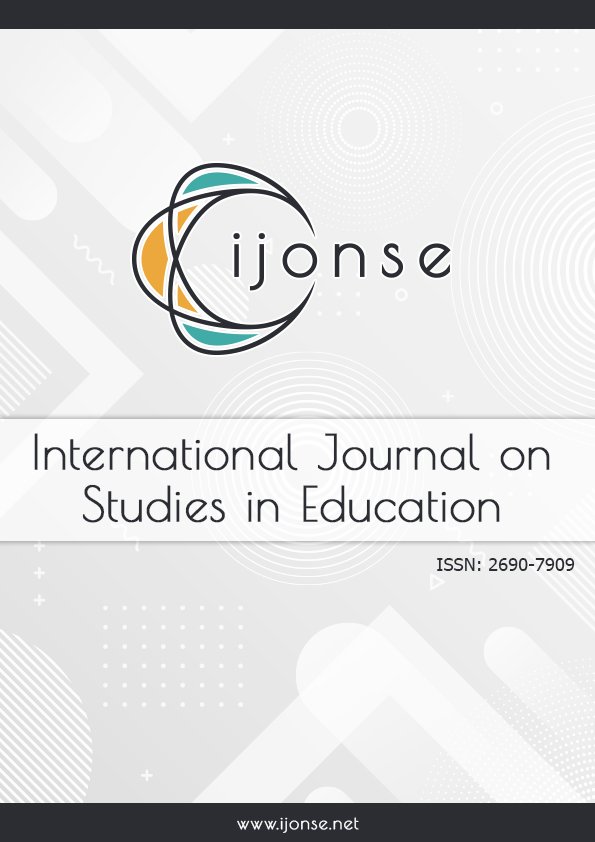The Efficacy of Metacognitive Reading Strategies in the College Classroom: Student Perception towards the Learning Experience
DOI:
https://doi.org/10.46328/ijonse.80Keywords:
Historically Black Colleges and Universities, Metacognitive reading strategies, College reading comprehensionAbstract
Many college professors are not adequately trained to help academically underprepared college students understand the course material. Recent statistics indicate that reading proficiency among high school seniors has declined over the past five years. As a result, many students enter college underprepared for college-level reading assignments. These challenges are exacerbated among students at two-year colleges and Historically Black Colleges and Universities (HBCUs), resulting in diminished classroom learning experiences for the students and lower graduation and retention rates for the colleges. This research assesses metacognitive reading strategies implemented within the college classroom, provides a model for focusing attention on college students’ lack of comprehension skills, and helps faculty address the problem. Additionally, it provides program methodology, data, analysis, student feedback, and recommendations as a blueprint for improving students’ reading and reading comprehension skills and fostering greater student success.References
Kim, J. Y. & Anderson, T. N. (2023). The efficacy of metacognitive reading strategies in the college classroom: Student perception towards the learning experience. International Journal on Studies in Education (IJonSE), 5(1), 1-14. https://doi.org/10.46328/ijonse.80
Downloads
Published
Issue
Section
License
Articles may be used for research, teaching, and private study purposes. Authors alone are responsible for the contents of their articles. The journal owns the copyright of the articles. The publisher shall not be liable for any loss, actions, claims, proceedings, demand, or costs or damages whatsoever or howsoever caused arising directly or indirectly in connection with or arising out of the use of the research material.
The author(s) of a manuscript agree that if the manuscript is accepted for publication in the International Journal on Studies in Education (IJonSE), the published article will be copyrighted using a Creative Commons “Attribution 4.0 International” license. This license allows others to freely copy, distribute, and display the copyrighted work, and derivative works based upon it, under certain specified conditions.
Authors are responsible for obtaining written permission to include any images or artwork for which they do not hold copyright in their articles, or to adapt any such images or artwork for inclusion in their articles. The copyright holder must be made explicitly aware that the image(s) or artwork will be made freely available online as part of the article under a Creative Commons “Attribution 4.0 International” license.

This work is licensed under a Creative Commons Attribution-NonCommercial-ShareAlike 4.0 International License.





